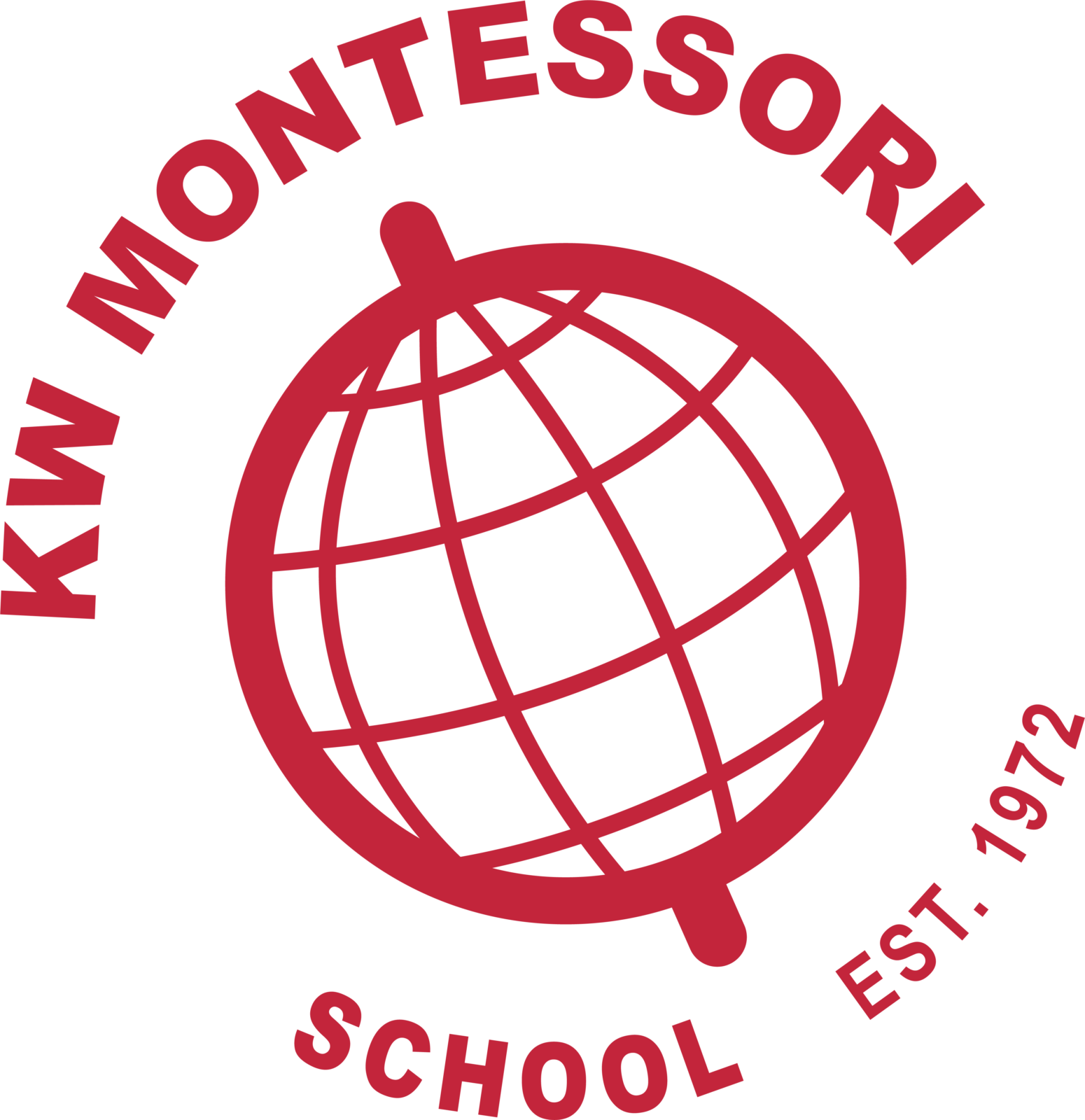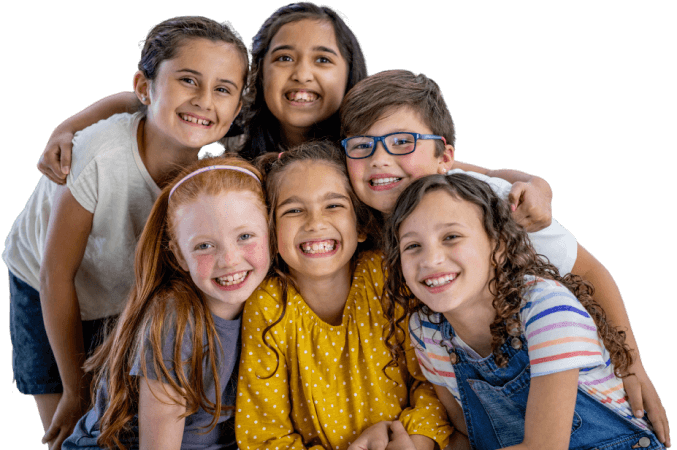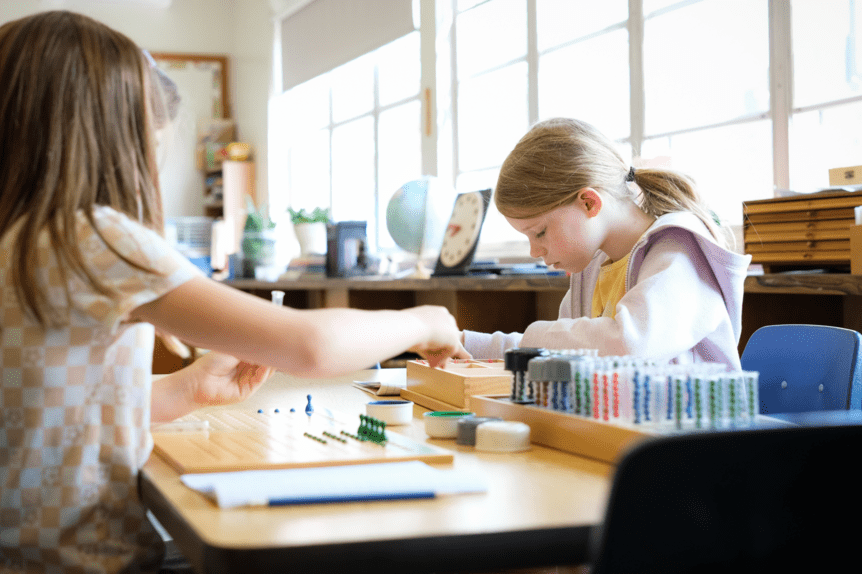
KW Montessori Elementary
Learning to think critically and act globally
Elementary Program
Inspire. Explore. Create.
Our elementary program is for children aged 6-12 and is dedicated to nurturing a lifelong love of learning. Rooted in the concept of ‘Cosmic Education’, the program aims to show students their connection to a global family, igniting curiosity and inspiring exploration and discovery. In an individually paced curriculum, students are challenged academically while learning to question, think critically, and take responsibility for their own learning.
‘Cosmic Education’ refers to the philosophy developed by Dr. Maria Montessori for students at the elementary age. She coined the term to describe the interconnected, interrelated, and open-ended curriculum. It is a comprehensive and holistic program that fulfills the needs of the elementary aged child, which includes a vast imagination, abstract reasoning, and a curious mind.
Aligned with Ministry standards, our curriculum adheres to fundamental Montessori principles. Students engage in hands-on learning in a cooperative, mixed-age setting. Students are provided with endless opportunities for movement and social interaction, fostering the development of their love for learning, relationships, and self-confidence. At KW Montessori, our goal is to empower each student to reach their full potential.
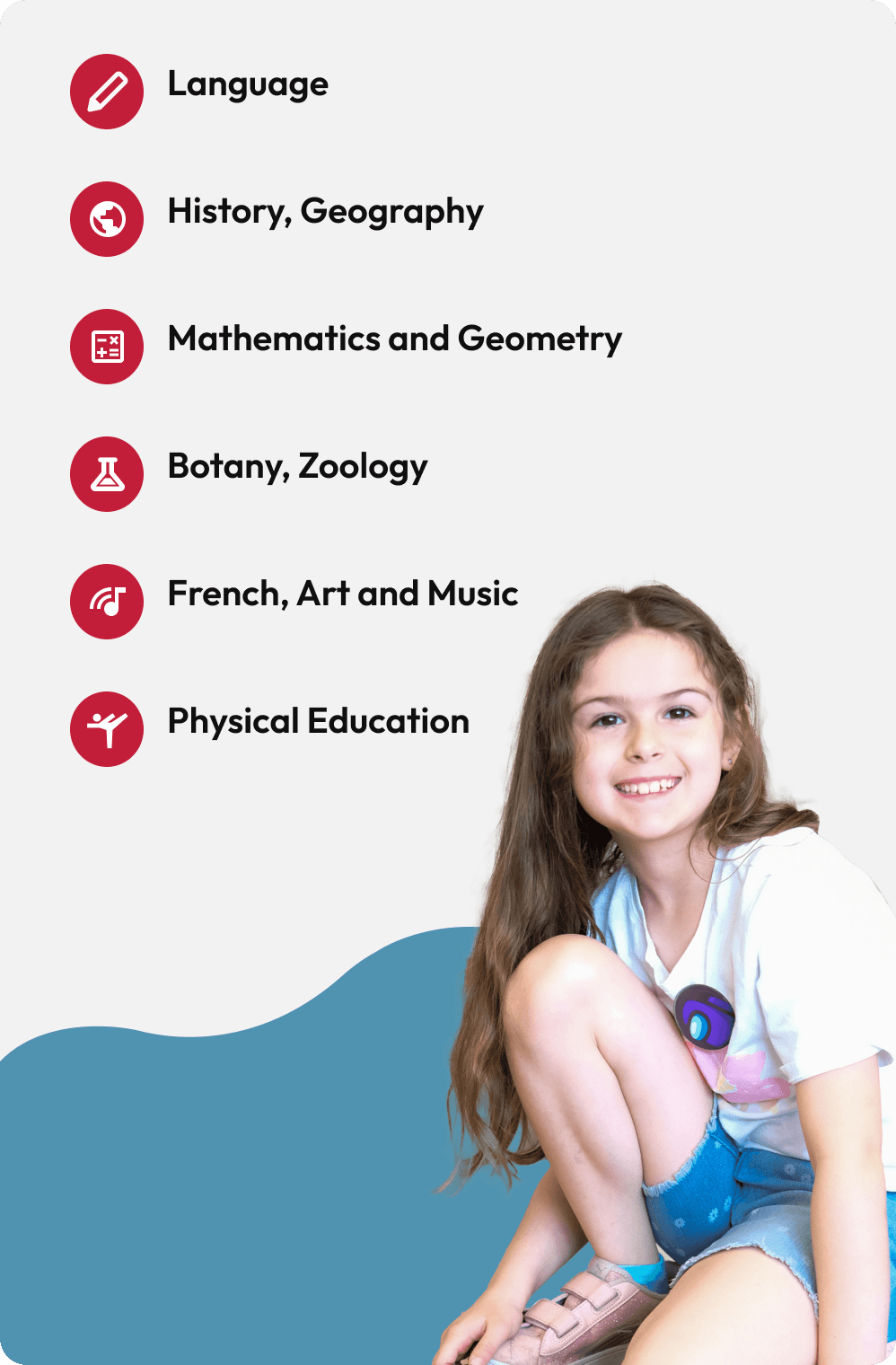
Subject Areas
Language
Students continue to develop a love of reading. Materials allow students to explore grammar rules and the function of words. Oral and written expression, and listening comprehension are key components.
Math and Geometry
Students develop a comprehensive understanding of the decimal system and numeration from 1-1,000,000. Memorization of math facts and understanding the operations is a main focus at the start, moving on to abstract work and application of concepts.
History and Geography
History is presented chronologically, demonstrating how cultures have satisfied basic needs. Students learn how physical geography has shaped cultures and societies. Other concepts, such as mapping and political and economic geography, are also explored.
Botany and Zoology
Lessons and materials allow students to classify plants and animals to develop a solid understanding of scientific classification. The focus is to develop an understanding and respect for how all living things are part of an interconnected system.
Science
Scientific concepts and principles are interwoven within the study of history, geography and biology. Chemistry and physics are also naturally embedded within the lessons found in all science and culture topics.
Art
Students explore and learn about artists and their role throughout history in culture and society. Hands-on experiences with various media and techniques are offered to students by the teachers and visiting art specialists.
Physical Education
Physical education promotes fundamental movement and the refinement of specific or sport-based skills. Students receive instruction twice a week. Nutrition and physical fitness are key parts of our curriculum.
Music
Elementary students receive music instruction once a week by a qualified music teacher. Students learn music appreciation, music history, basic theory, introduction to various instruments and singing.
French
The French program’s focus is to develop a solid comprehension of the spoken language while developing oral communication skills. Students learn written rules and skills, combining all areas of the French language.
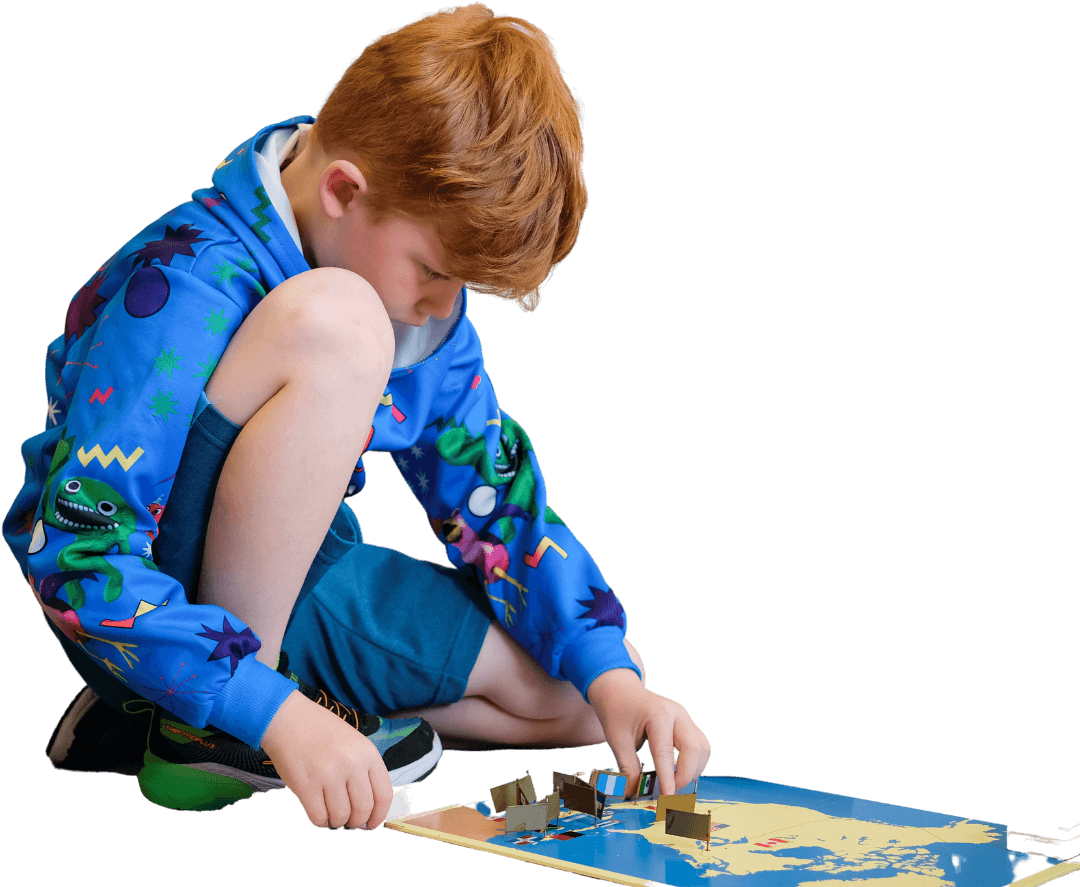
Enrich your child’s educational journey at KW Montessori School! Fill out an Inquiry form today.
Inquiry Form